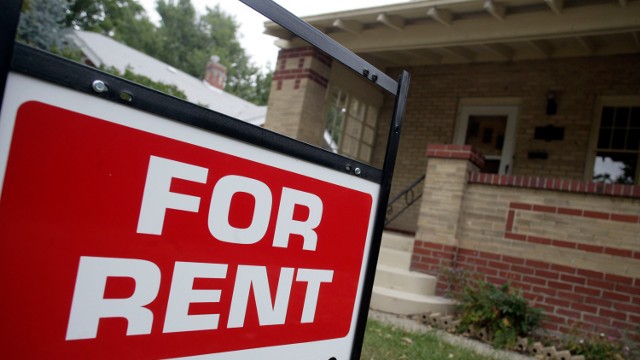Taxes When Landlords Sell Rental Real Estate
Post on: 10 Июль, 2015 No Comment

Learn about taxes you will have to pay when you sell rental property at a profit or loss.
When you sell rental property, you’ll have to pay tax on any gain (profit) you earn (“realize,” in tax lingo). If you lose money, you’ll be able to deduct the loss, subject to important limitations.
Your gain or loss for tax purposes is determined by subtracting your property’s adjusted basis on the date of sale from the sales price you receive (plus sales expenses, such as real estate commissions).
Your basis in property (the amount of your total investment in a property for tax purposes) is not fixed. It changes over time to reflect the true amount of your investment. This new basis is called the adjusted basis because it reflects adjustments from your starting basis.
Reductions in basis can increase your tax liability when you sell your property because they will increase your gain. Increases in basis will reduce your gain and therefore your tax liability.
Reductions in Basis
Each year, you must subtract from the property’s basis the amount of depreciation allowed for the property—this is true regardless of whether you actually claimed any depreciation on your tax return. If you hold on to your property for the full recovery period—27.5 years for residential rental property—your adjusted basis will be reduced to zero, and there will be nothing left to depreciate.
Your starting basis in property must also be reduced by any items that represent a return of your cost. These include:
- the amount of any insurance or other payment you receive as the result of a casualty or theft loss
- any deductible casualty loss not covered by insurance, and
- any amount you receive for granting an easement.

Your basis is also reduced if you took the wrong amount of depreciation on your tax return. If you claimed too little depreciation, you must decrease the basis by the amount you should have taken. If you took too much depreciation, you must decrease your basis by the amount you should have deducted, plus the part of the excess you deducted that actually lowered your tax liability for any year.
Increases in Basis
You must increase the basis of any property by:
- the cost of any additions or improvements
- amounts spent to restore property after it is damaged or lost due to theft, fire, flood, storm, or other casualty
- the cost of extending utility service lines to the property, and
- legal fees relating to the property, such as the cost of defending and perfecting title.
In addition, assessments for items that tend to increase the value of your property, such as streets and sidewalks, must be added to its basis. For example, if your city installs curbing on the street in front of your rental house, and assesses you for the cost, you must add the assessment to the basis of your property.
Viola bought a small apartment building and sold it six years later for $300,000. Her starting basis was $200,000. During the time she owned the property she took $43,000 in depreciation deductions and paid $13,000 for a new roof. Her depreciation deductions reduced the property’s basis, but the roof repair increased it. Her basis at the time of the sale is $170,000. Viola calculates her taxable gain on the property by subtracting her adjusted basis from the sales price: $300,000 – $170,000 = $130,000.
As you can see, when you sell your property, you effectively give back the depreciation deductions you took on it. Since they reduce your adjusted basis, they increase your taxable gain. Thus, Viola’s taxable gain was increased by the $43,000 in depreciation deductions she took. The amount of your gain attributable to the depreciation deductions you took in prior years is taxed at a single 25% rate. Viola, for example, would have to pay a 25% tax on the $43,000 in depreciation deductions she received. The remaining gain on the sale is taxed at capital gains rates (usually 15%).














